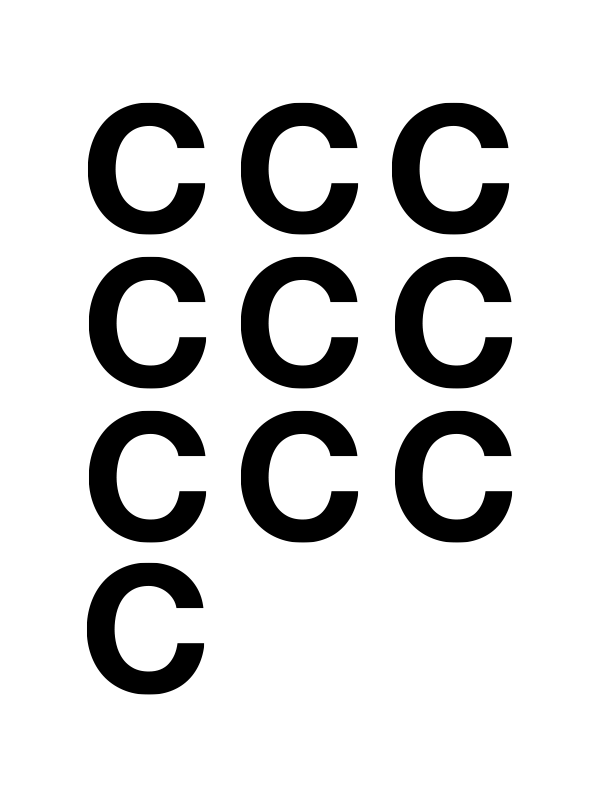Transversal competences
Definition:
According to the UNESCO-UNEVOC’s TVETipedia glossary, transversal skills are skills that are typically considered as not specifically related to a particular job, task, academic discipline or area of knowledge and that can be used in a wide variety of situations and work settings (for example, organizational skills). (Source: IBE, Glossary of Curriculum Terminology, 2013)
Transversal skills are those typically considered as not specifically related to a particular job, task, academic discipline or area of knowledge but as skills that can be used in a wide variety of situations and work settings (IBE 2013). These skills are increasingly in high demand for learners to successfully adapt to changes and to lead meaningful and productive lives. Examples include:
- Critical and innovative thinking
- Inter-personal skills (e.g. presentation and communication skills, organizational skills, teamwork, etc.)
- Intra-personal skills (e.g. self-discipline, enthusiasm, perseverance, self-motivation, etc.)
- Global citizenship (e.g. tolerance, openness, respect for diversity, intercultural understanding, etc.)
- Media and information literacy such as the ability to locate and access information, as well as to analyse and evaluate media content (UNESCO 2014c) (Source: UNESCO Education Policy Brief (Vol.2), 2014: Skills for holistic human development)
Definition of ‘transversal competencies’ has six domains: 1) critical and innovative thinking, 2) interpersonal skills, 3) intrapersonal skills, 4) global citizenship, 5) media and Information literacy, and 6) others. The domain ‘others’ was created as a way for researchers to include competencies, such as physical health or religious values, which may not fall into one of the other. (Source: UNESCO 2016: School and teaching practices for twenty-first century challenges: lessons from the Asia-Pacific region, regional synthesis report;2014 regional study on transversal competencies in education policy and practice (Phase II))
